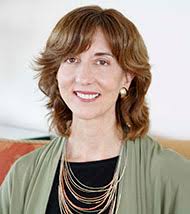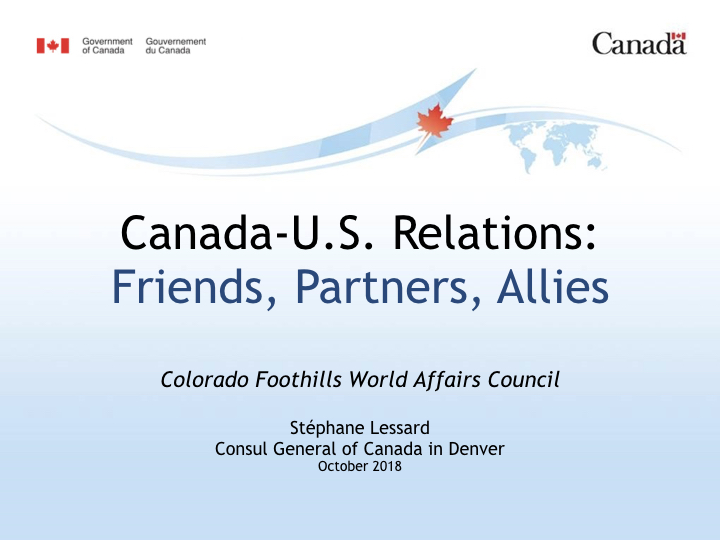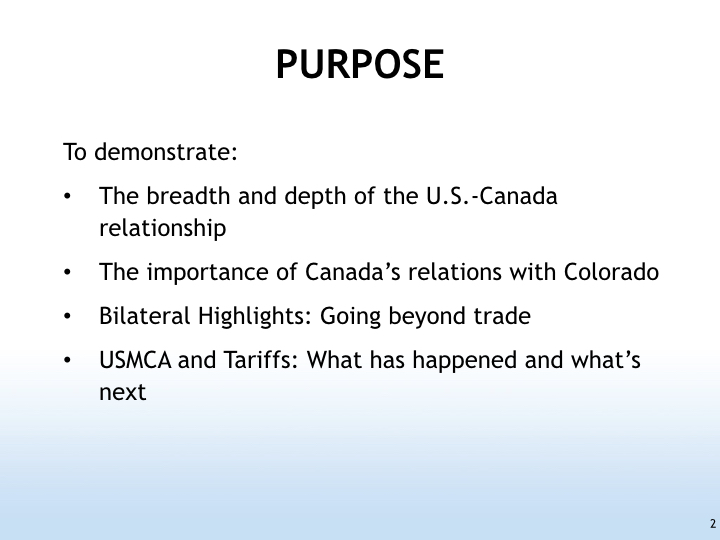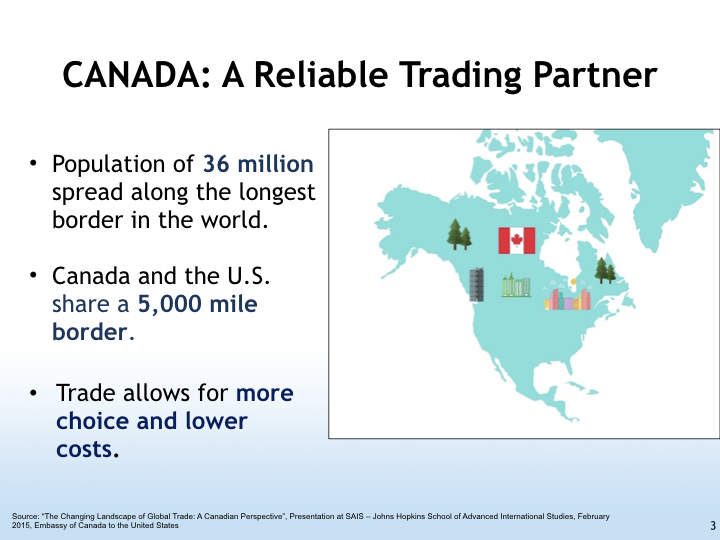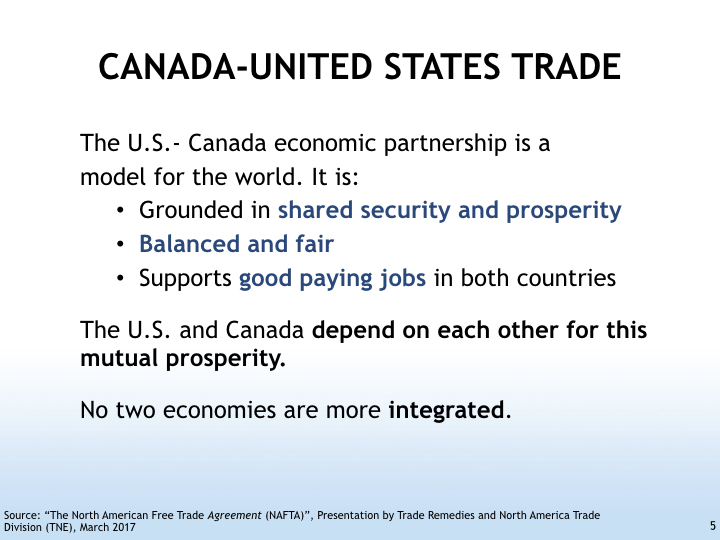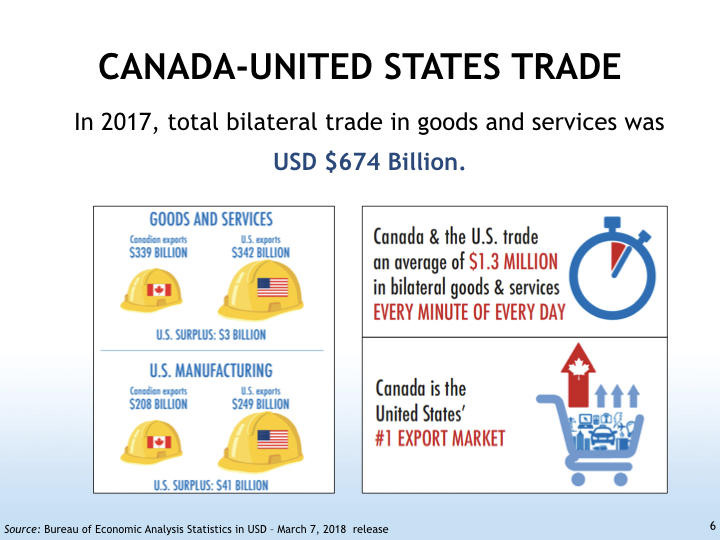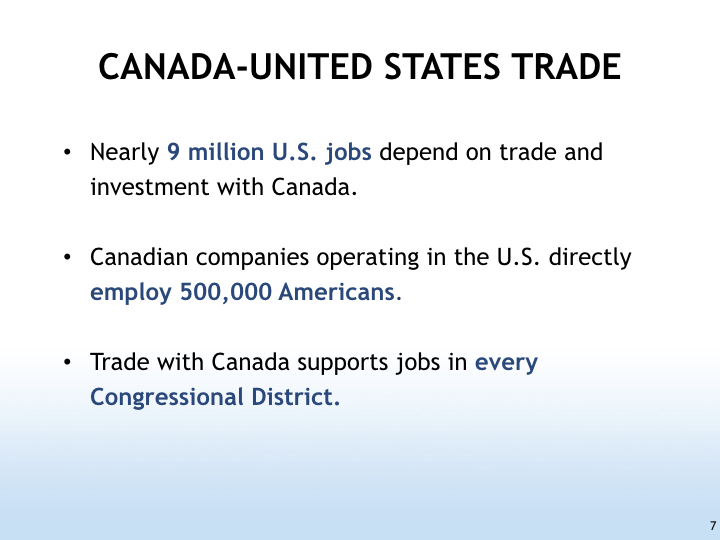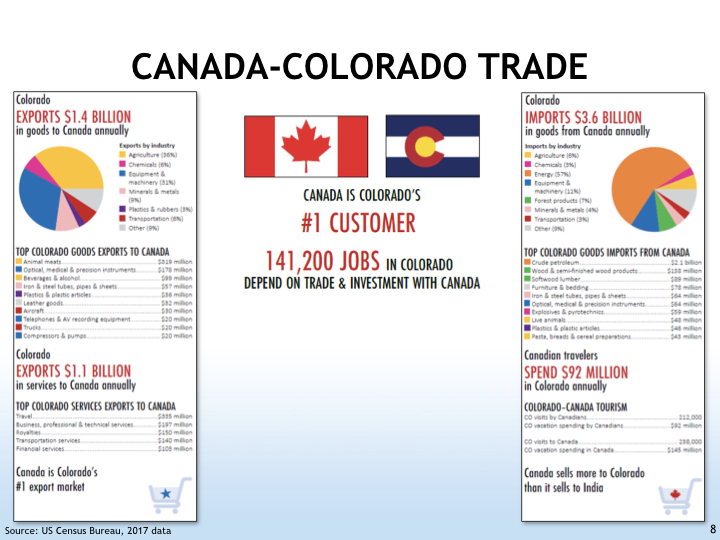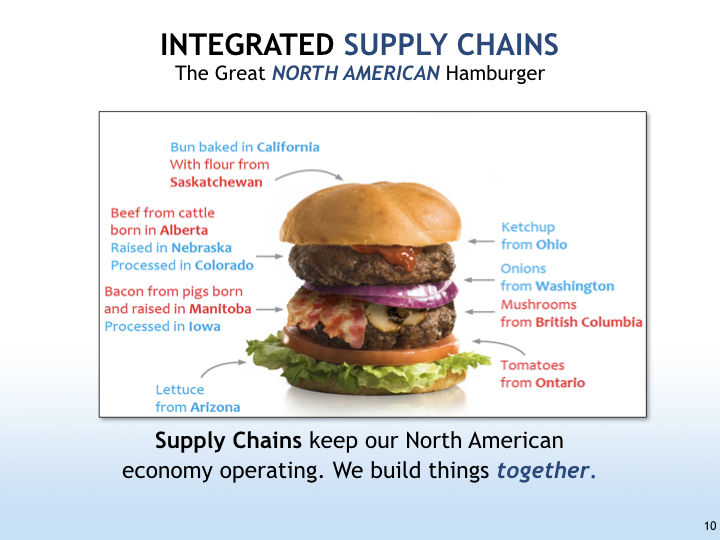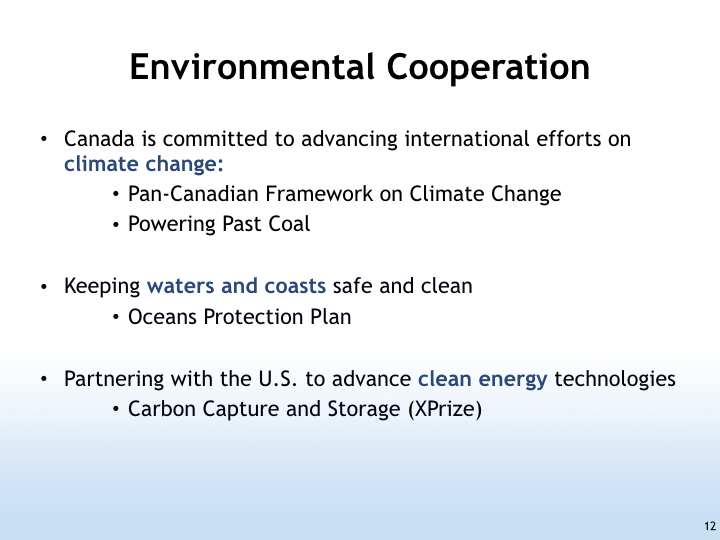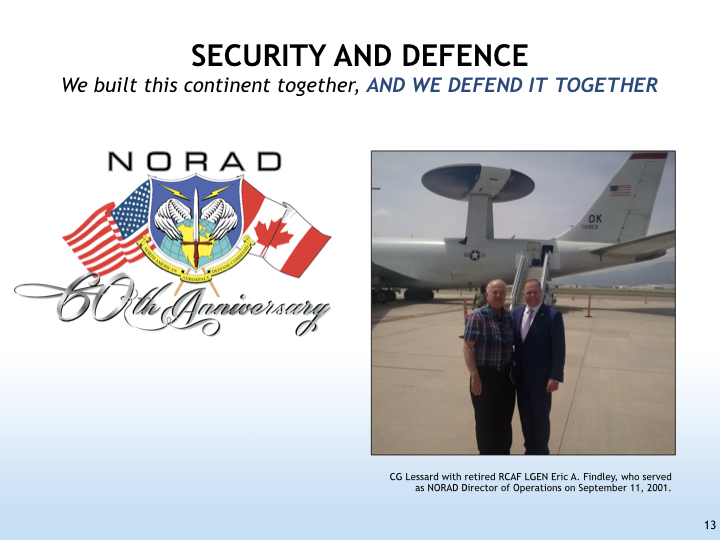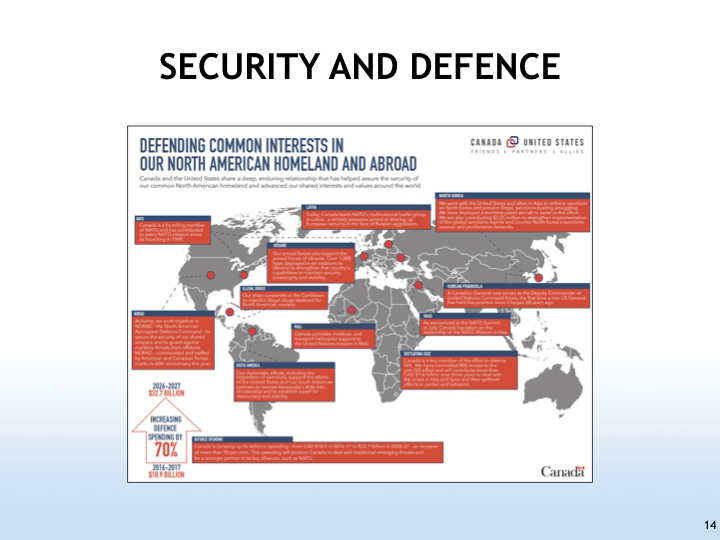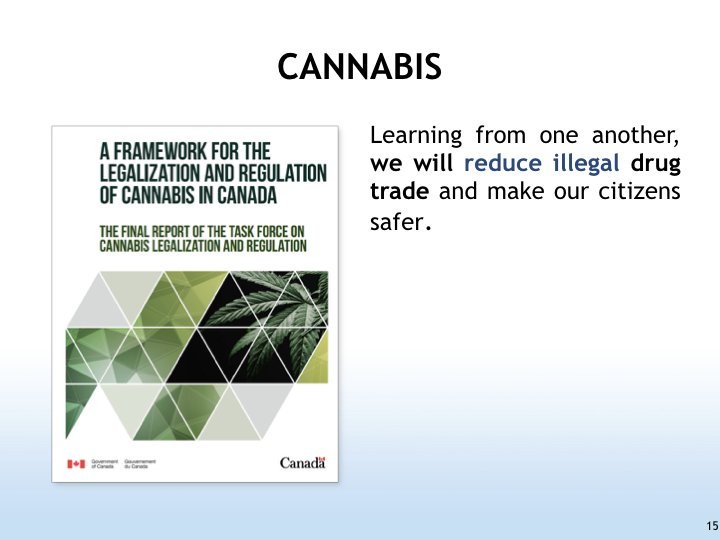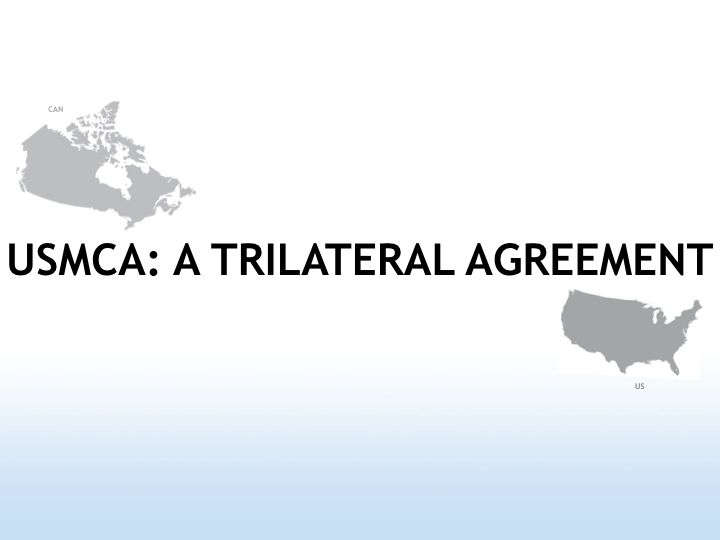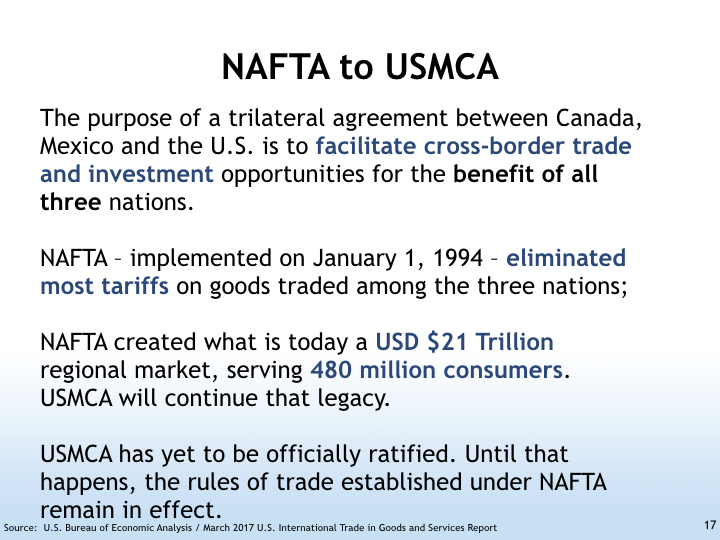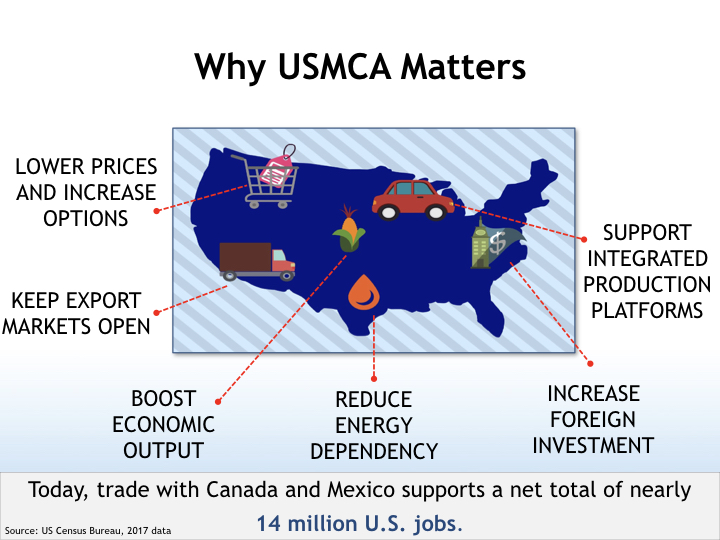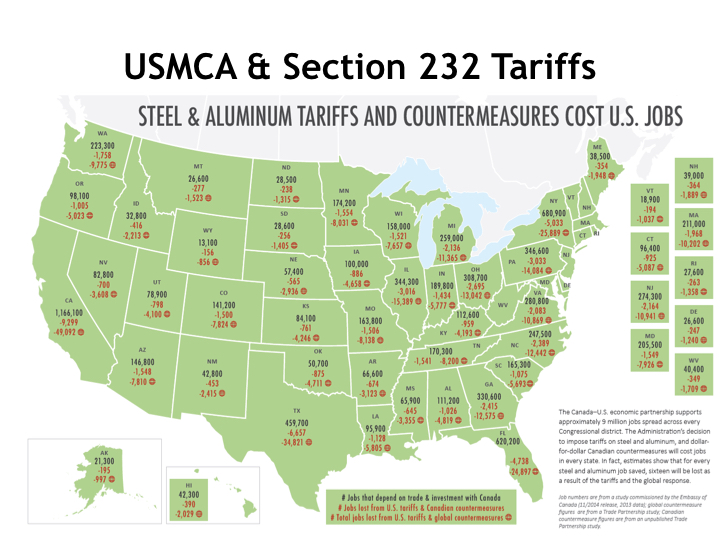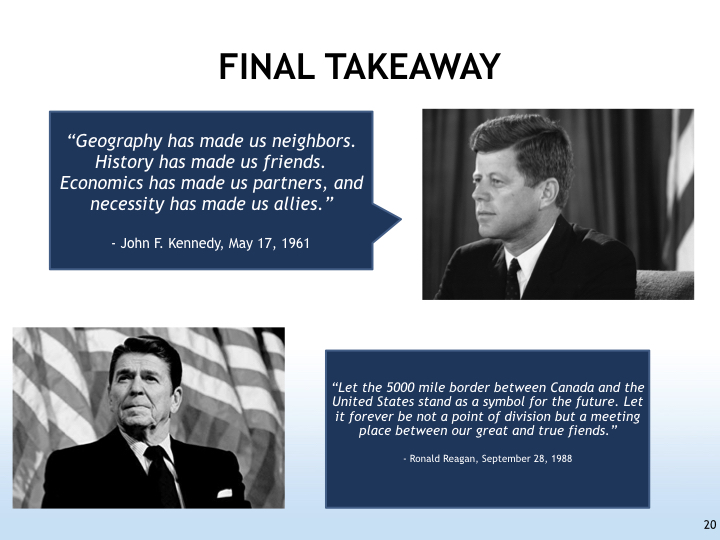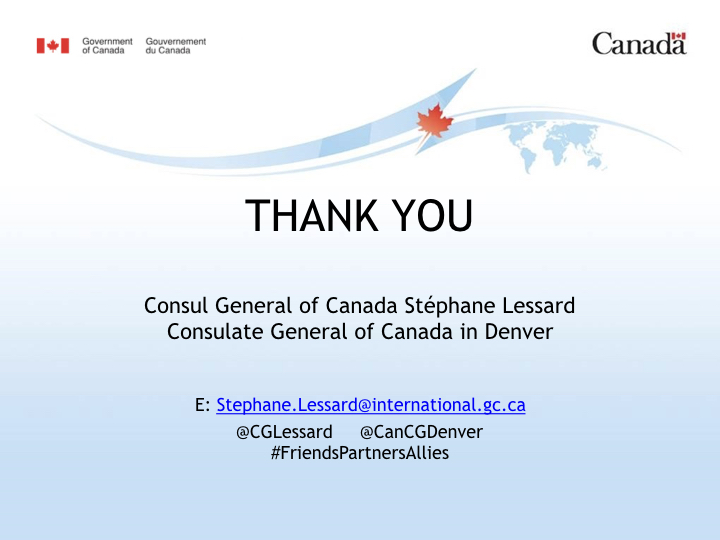Indonesia is the world’s largest Muslim majority nation and third largest democracy. It’s tolerant nature was shaped by thousands of years of religious syncretism in this archipelago of over 300 ethnic groups. Today, its vibrant free democracy under reformist President “Jokowi” is fending off dark forces which want to bring back authoritarianism. These former generals and greedy politicians are teaming with the rising tide of Muslim extremists, nurtured by Arab Wahabism. Stanley was witness to the transition from dictatorship to democracy. His work encompassed reaching out to Muslim youth, defending human rights and religious freedom, countering terrorism and combatting trafficking in persons.
Stanley is a former U.S. diplomat, with over 30 years of experience in Asian affairs. During his 28-year Foreign Service career, some of his postings included: U.S. Consul General for Sumatra; Democracy Unit Chief in Jakarta; interim Chief of Mission in Timor-Leste; Cultural Affairs Officer in Beijing; and Public Affairs Officer in Namibia. He also served as Executive Director of the Fulbright Scholarship Board and was a senior education and cultural affairs advisor for East Asia under Secretary Clinton.
His critically acclaimed book, Like the Moon and the Sun, published in 2015, compares Indonesian and American societies, with analysis of culture, politics, religion and human rights, based on three decades connected to Indonesia. He also occasionally publishes essays and opinion pieces related to Indonesia.
He now divides his time between the United States and Asia, dedicating his time to writing, advancing international educational exchanges, and promoting international tolerance and understanding. The Pueblo, Colorado native is on the advisory council for University of Colorado-Boulder’s Center for Asian Studies, and represents Colorado State University-Fort Collins in Indonesia. He is a Colorado Foothills World Affairs Council board member.
Stan and his wife Henny, an Indonesian, have a daughter, Annisa, who lives in Brooklyn and was proposed to on a Bali beach, and a son, Sean, who is an editor at the Jakarta Post.



